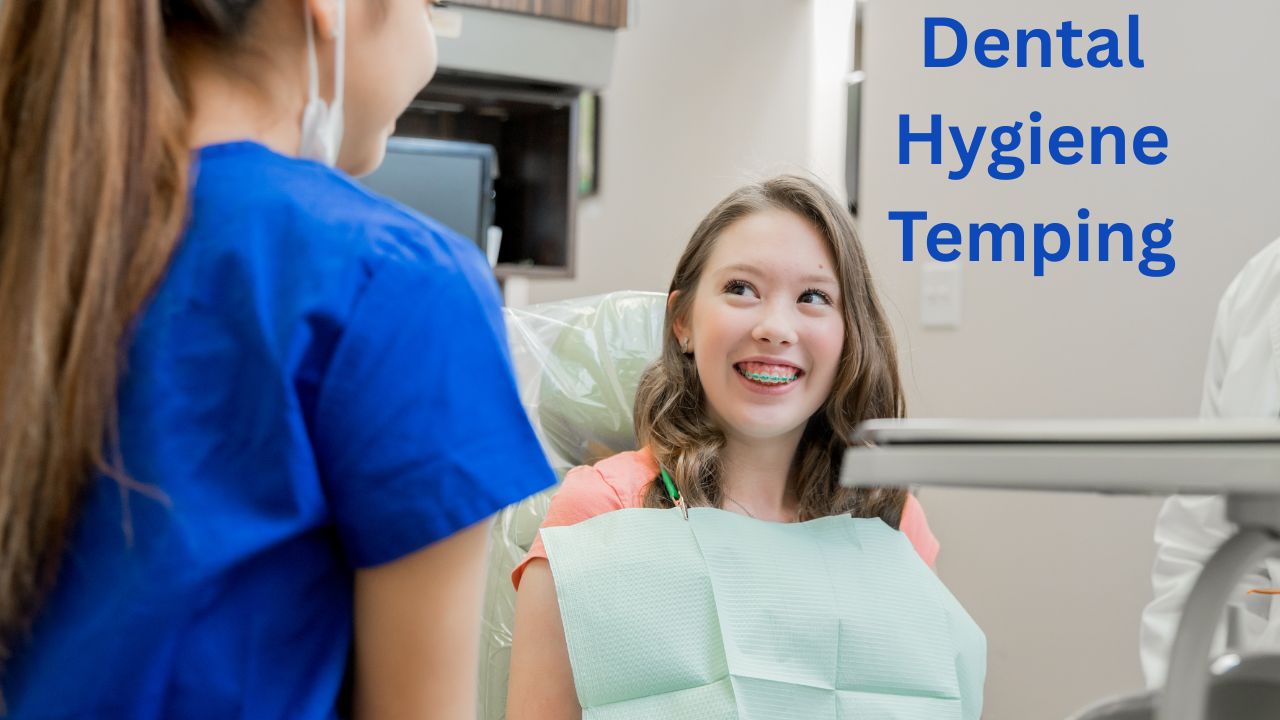We have gone over what you need on paper for your Dental Hygienist Resume, but what individual skills do you need to have? What kind of certifications are required?
Well, you’ll be happy to know we lay it all out for you here! Which of these boxes do you check? Which do you still need to improve on? Let us know!
What do I need to be a dental hygienist?
Well, some skills are necessary, that range from interpersonal to technical, and there are also highly recommended, to required certifications that are also necessary. Let’s start with the basics.
Do I Need A Degree?
In order to pursue a career in being a dental hygienist, you must first receive a minimum of a two-year education, that being an associate degree. Most of these academic programs can be completed through community college programs, however, you can also pursue an education through larger education establishments such as universities or dental schools. These larger universities often offer further education in the field; however, this is not typically necessary to pursue being a dental hygienist. Throughout your time in education, you will have instances where you will work with real patients under supervision. This will provide you with valuable insight and experience into the field.
After your graduation and receiving your associate’s degree from your accredited Commission on Dental Education establishment, your community college, or higher education, you can now work towards your license! In order to gain this license in most states, you will be required to pass the National Board Dental Hygiene Examination and your required state examination.
After you pass these exams, you will be granted the title of a Registered Dental Hygienist.
Do I Need A Certification?
The first and most important that we have previously mentioned is being a Registered Dental Hygienist by taking and passing the National Board Dental Hygiene Examination. You must also have graduated from a program that is Dental Education-accredited in order to obtain your state license then.
Depending on the state and the field that you would prefer to work in, it is highly recommended to conduct research pertaining to it. For example: During your time in the academic program, you learned about radiology, and you wish to be able to incorporate this into your work and/or marketability of yourself towards a position. In some states, this will require you to be licensed as a Dental Radiographer in order to operate or perform radiography. Doing so would require further courses for certification.
It is highly recommended that an individual is CPR certified. While dentistry may not be innately what one would think of when someone mentions healthcare, you are still dealing with chemicals and substances that may cause reactions from individuals. Acquiring and maintaining your CPR certification is vital.
Skills - Technical
You must be able to discern subtle changes in radiographic contrasts. While there are multiple forms of contrast, from the thickness of subject contrast to receptor contrast, one of the most vital is being able to discern changes in density. This has often been considered one of the most important factors contributing to subject contrast.
You must have the ability to tell the difference in color with respect to the condition of the tissue. Being able to notice these differences can result in you being able to tell the difference between poor oral hygiene or xerostomia. These skills are vital to performing your daily functions of advising and treating patients in regard to their oral hygiene and health.
Skills - Interpersonal
You must have a team player attitude when it comes to working in an office. Everyone in the office is on the patient's team, whether this is to assist them in maintaining their already stellar oral health or helping them achieve it.
You must be able to remain calm under stressful situations. This could range from a packed schedule for the day or a patient’s possible allergic reaction to treatment.
You have to be confident in your work and ability. The last thing that will make a patient feel comfortable is if you seem worried about performing well. Even if you don’t feel confident, ensure that you are acting like you are.
Additional Topics To Have Knowledge About:
Dental Education
- It is important to be able to pick up on the psychology of an individual when you are going to be taking them on as a patient. Is this patient seemingly very nervous about going to the dentist? Do they prefer blunt explanations and directives? All of these are important to consider and should guide you in managing your patient.
- You should have excellent communication skills. Having the ability to tactfully explain to a patient the consequences of not taking their oral health seriously and how it can negatively impact them is crucial. You must present and explain options to them that they can understand and then implement to help better their oral health. These may range from small explanations for how to brush properly to explain why surgery may be necessary with assistance from the dentist.
Biomedical science
You should become very familiar with all the different forms of tooth anatomy, from studying extracted teeth to carved teeth. Understanding all of these different shapes, curves, and places someone may miss while brushing will allow you to better clean a patient’s teeth.
You should understand the basics of pharmacology and the effects and uses of the drugs that you will be utilizing. This is for your own understanding and to explain to the patient if they have any questions.
Next Steps
Now that you know what certifications you need, along with what other skills are necessary for you to have, you can follow our dental hygienist resume writing tips.
You can also read more about our top 6 dental hygienist skills that are on the rise!
Related Articles
Ready to get started?
Join Princess Dental Staffing for free!


